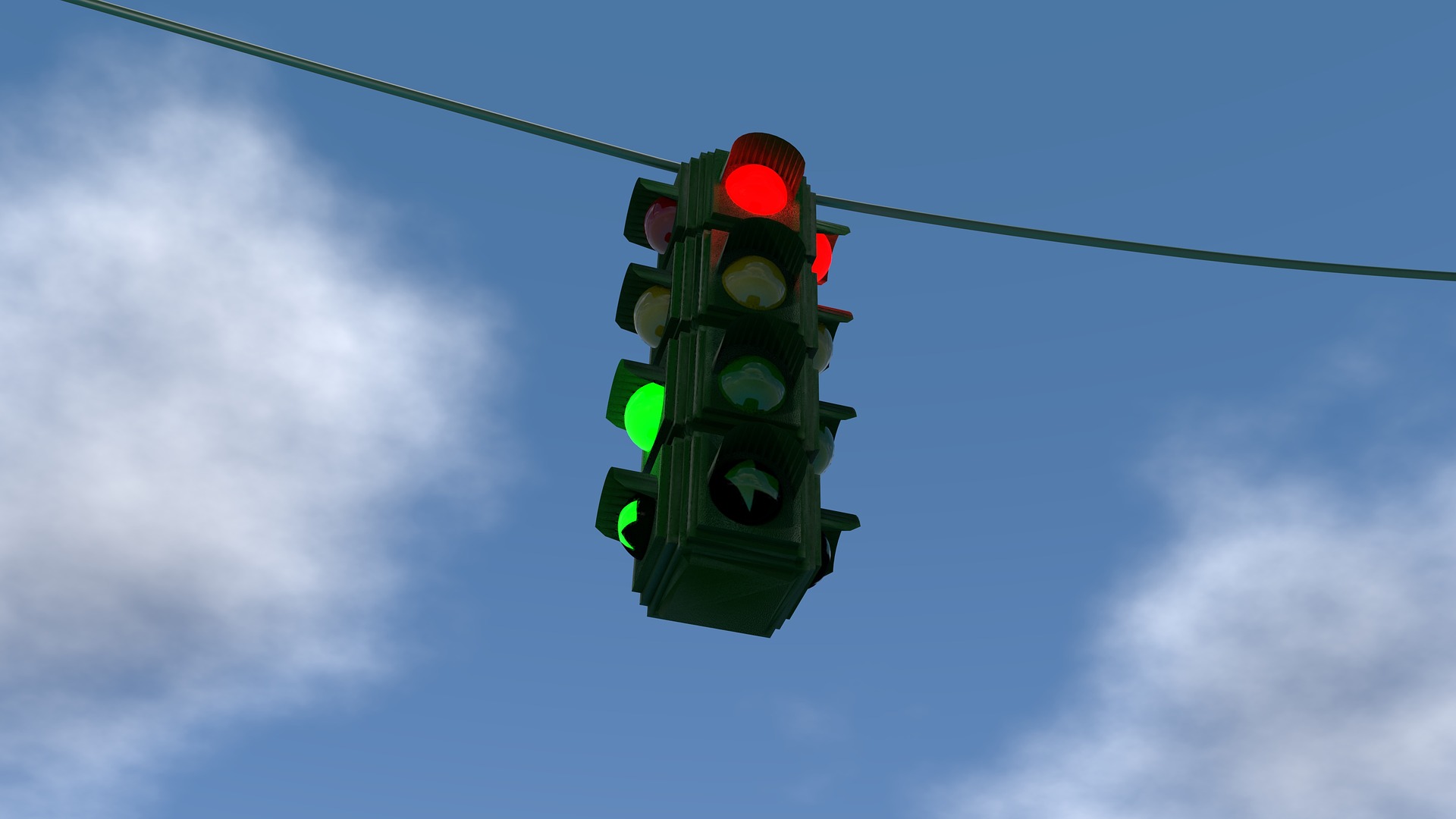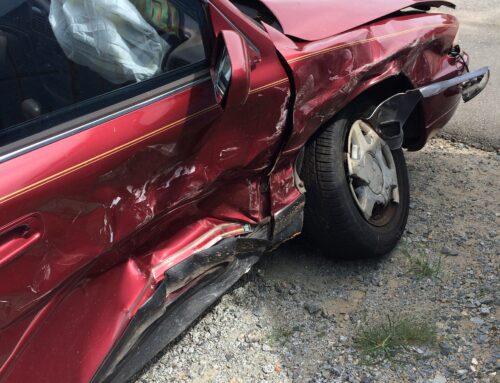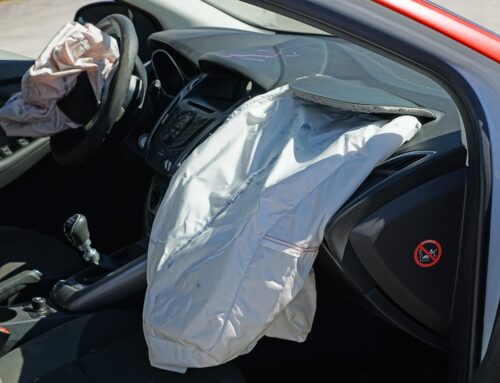A motorist running a red light is more common than we would like to think, and the behavior causes hundreds of deaths and multiple thousands of injuries each year.
According to the Insurance Institute for Highway Safety, in 2016, 811 people were killed in automobile accidents which involved running a red light. More tragically, over half of those killed were the pedestrians, bicyclists or other motorists caught in the path of the offending vehicle.
Obviously, running a red light is a serious traffic infraction reflecting on a driver’s ability to operate their vehicle safely and attentively, and therefore that motorist will nearly always see some increase in their car insurance premiums.
How is Red Light Running Defined?
If a vehicle enters the intersection at any point after the signal light has changed to red, a punishable violation has occurred. If the motorist is traveling at posted speed and it is safer to go through a yellow light rather than brake, they may be caught in the intersection briefly when the light turns red. In most cases this would not be considered running the light, but it is up to police officer discretion.
Yellow lights indicate an imminent change to right of way, and therefore if the driver can stop safely, they are required to do so.
If a motorist is waiting in the intersection to make a left turn and the light turns red, he or she will not be considered as running the light. However, if a motorist makes a normally legal right turn on red without stopping completely, he may be cited for running the red light.
Will My Premiums Increase if I Receive a Citation for Running a Red Light?
Every auto insurance provider has their own policies, but you can most likely expect your rate to increase, even if no one was injured or there was no property damage. Often, the first offense might raise the rate slightly, but a heftier increase is in store for a repeat offender. The most dire rate increases are reserved for an accident with injuries or damages due to reckless driving.
In Florida, red light violations are noncriminal infractions unless there is accident or injury/death, in which case the charge could range from reckless driving to vehicular homicide. A red light conviction will generally add three to four points to a motorist’s driving record. If you accumulate 12 points within 12 months then you will lose your license for 30 days; 18 points in 18 months will result in a three-month suspension; and 24 points in 36 months will result in a one-year suspension.
Because auto insurance premiums are based upon the level of risk the insurer is assuming, this type of conviction – which assumes risky behaviors – is likely to drive up your rates.
Can I Bring My Insurance Rates Back Down?
Eventually your rates will come back down if you keep your driving record clean, but it will take time. Auto insurance companies generally look at your driving record for the last 5 years when calculating the level of risk in offering you coverage, so you may just have to wait it out. You can also speak to your insurance agent to determine if taking an approved Florida driver improvement course will either lower your rate or decrease the time you have to wait for your rates to be lowered.
Whether you are dealing with a red light traffic violation, or are simply looking for more competitive rate, it never hurts to shop around. Anderson & Associates Insurance Group will be happy to speak with you about your driving record, our competitive programs, and how you can obtain the best car insurance rates – if you are in Palmetto, Bradenton or Ellenton, call us today.










